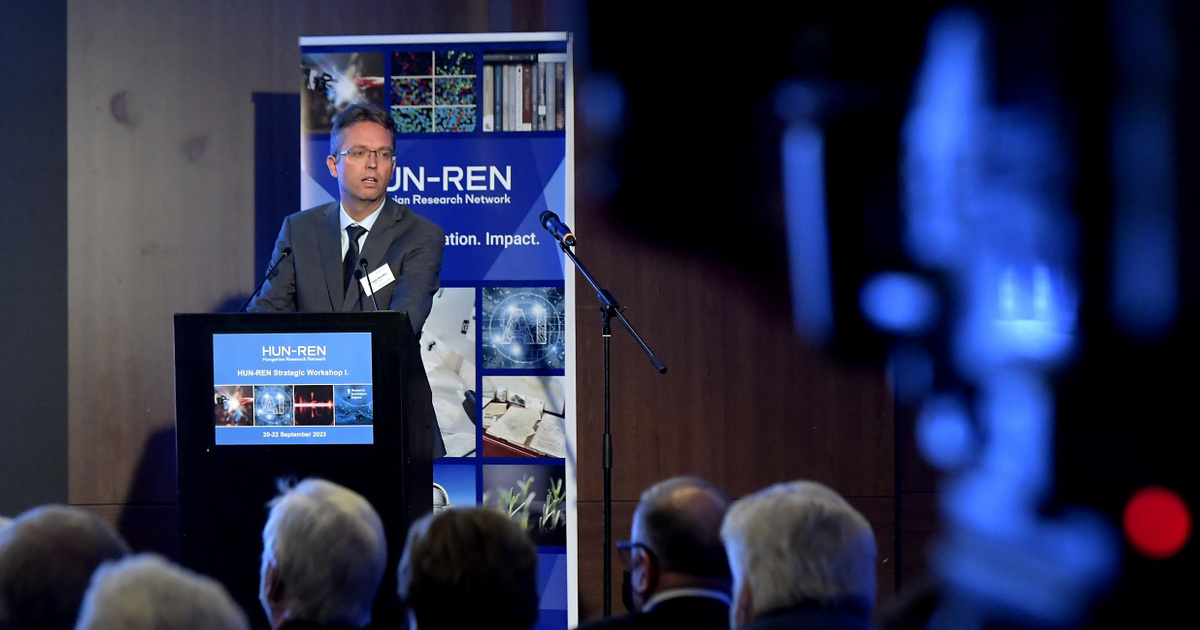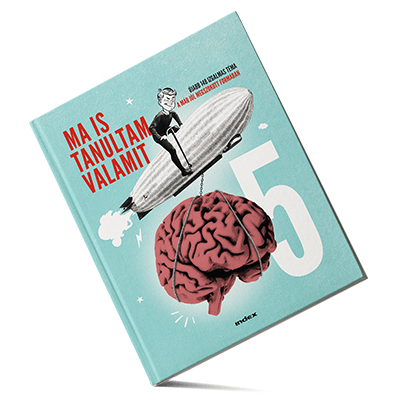A project investigating the impact of infectious diseases on the development of immune diseases with the participation of Máté Manczinger (HUN-REN SZBK Systems Biology Research Group) and colleagues has been launched on the website of the Szeged Biological Research Center (SZBK). Affiliated with the Hungarian Research Network (HUN-REN).
Within the ID-DarkMatter-NCD project, supported by the European Union's Research and Innovation Framework Programme, specialists investigate the causes of the development of immune diseases after specific infectious diseases. The consortium is led by Thomas Vogel of the Medical University of Vienna, and the team consists of excellence in immunology, genetics and data science, MTI reports.
The Systemic Immunology Research Group at SZBK coordinates the genetic analysis of patients within the project.
The main goal of the research program until 2028 is to identify the hidden genetic and environmental factors that link infectious diseases to immune diseases that later develop and often become chronic. To achieve this, the team is examining the antibody-mediated immune response against nearly 600,000 antigens in 6,000 patients.
Among the diseases selected for detailed analysis are post-COVID syndrome, an inflammatory autoimmune disease that affects the central nervous system, multiple sclerosis, chronic fatigue syndrome, an autoimmune disease with inflammatory changes in the joints, and rheumatoid arthritis, a chronic autoimmune disease that It attacks various diseases. Diseases of the body's organs, systemic lupus erythematosus, and inflammatory bowel diseases.
With the help of modern methods and genetic testing, the team creates a detailed immune profile for each patient, which allows them to obtain a comprehensive and detailed picture of the development of diseases.
Supported by €8.4 million (3.242 billion forints) from the EU's Horizon programme, 12 European partners are participating in the 60-month project, including the University of Basel as a Swiss co-partner, which has additional funding of around €1.2 million. (436 million forints).














































